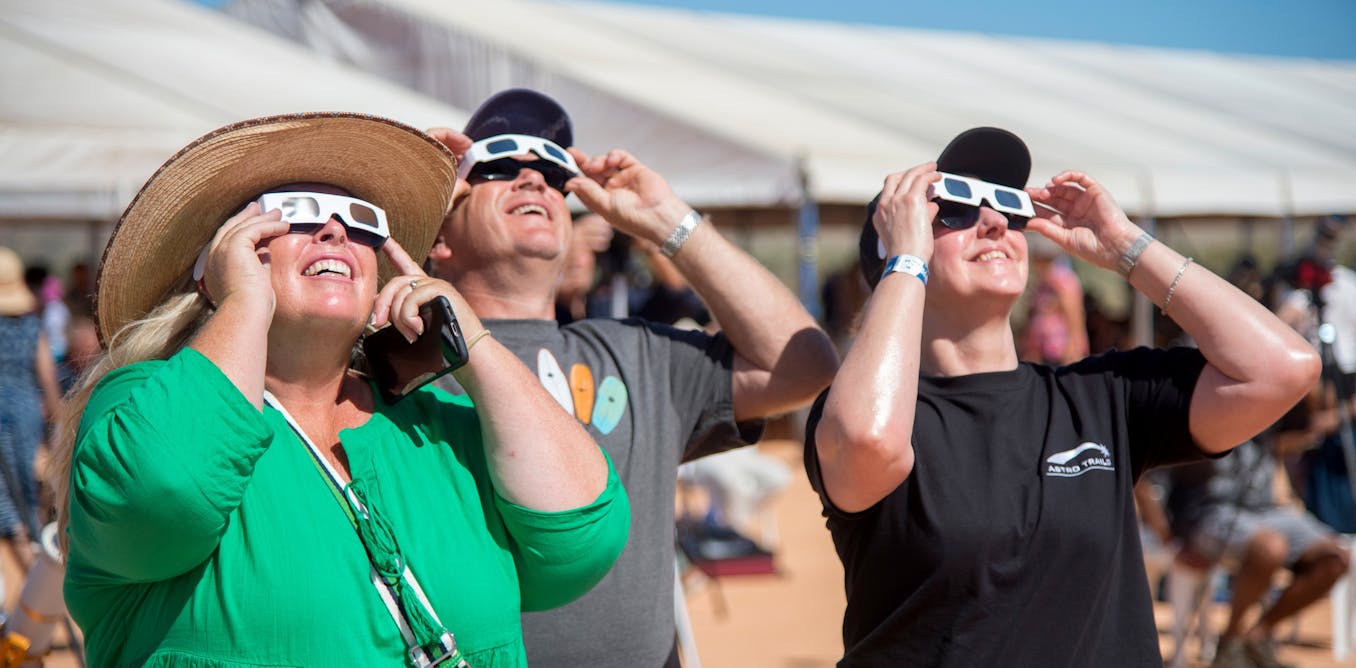Parents’ epistemological beliefs shape children’s scientific reasoning abilities, study suggests
A recent study published in the journal Developmental Science has explored how parents’ views on knowledge and learning (epistemological beliefs) influence their children’s ability to think scientifically from kindergarten through elementary school. The findings suggest that these parental beliefs significantly impact children’s early scientific reasoning abilities, irrespective of the parents’ level of education or the children’s own cognitive abilities. Scientific reasoning is crucial for effective problem-solving and decision-making in our increasingly complex world. Previous studies have shown that children can exhibit sophisticated scientific reasoning skills at a young age, influenced by their understanding of the relationship between hypotheses and evidence. While the effect of educators’ and students’ epistemological beliefs on their teaching and learning has been well-documented, less is known about the impact of parents’ beliefs on their children’s development in this area. “We got interested in this topic because we noticed that some kids are really good at scientific thinking from a young age, while others struggle more. We wanted to figure out why that is,” said study author Christopher Osterhaus, a professor of …









